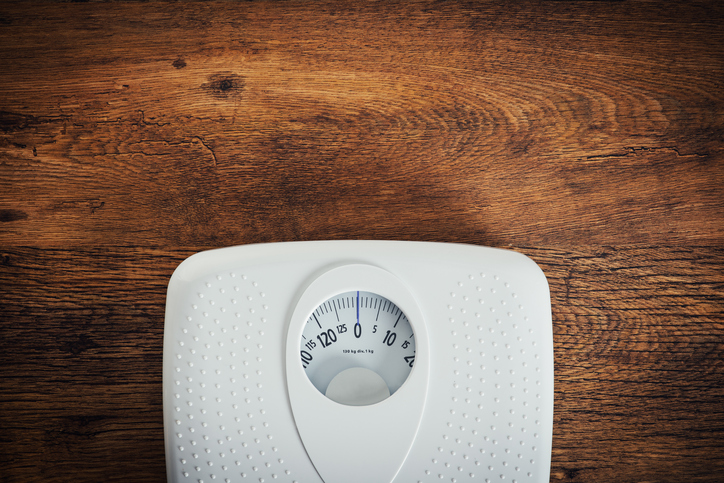It is difficult to find anyone who hasn’t tried some form of meal replacement products, such as protein bars or shakes. The convenience and ease of meal replacements make it a common choice among dieters. But, to lose weight and keep it off, you need more than a quick fix—you need a long-term plan. Believe it or not, meal replacements can be a key factor in long-term weight loss.
Betsy Oriolo, MS, RD, LD, CDE a Registered Dietitian and Diabetes Educator at the St. Elizabeth Physicians Weight Management Center says, “Our meal replacement diet-based option is a great weight loss tool for controlling your calorie intake while still getting the nutrients you need.”
Any diet that uses meal replacements should be under the direction of a doctor. At the St. Elizabeth Physicians Weight Management Center, board-certified bariatricians design and monitor weight loss programs for people looking for non-surgical weight loss options.
A bariatrician is a doctor who specializes in weight loss and treating obesity. Bariatricians can help prevent and potentially reverse obesity-related diseases through medically monitored weight loss.
Controlling Calories with Meal Replacements
Most successful diets involve managing your calorie consumption and participating in physical activity on a regular basis. Meal replacements can help many people looking to lose weight because they eliminate choices, control portions and provide the nutrients your body needs.
“We typically use meal replacements for very low-calorie diets (VLCD) and low-calorie diets (LCD),” explains Betsy. “VLCD are very controlled and only use meal replacements, no food. On an LCD you would incorporate at least one food meal and a snack or two a day.”
A VLCD allows approximately 800 calories per day. It is for the severely or morbidly obese individuals who need to lose a large amount of weight rapidly and safely. The average weight loss on a VLCD is 3 to 5 pounds per week. You must be closely monitored while on a VLCD and you usually must take some supplements, including potassium. Your bariatrician should be seen at least every two weeks and blood tests must be done regularly to check your electrolyte levels. Balanced electrolytes are essential for a number of body functions including heart rate, bone health, nervous system functions and much more.
During an LCD, you eat both food and meal replacements, keeping between 1000 to 1500 calories per day. This diet will average a loss of 2-3 pounds per week. Since the calorie restriction is not as drastic, potassium supplements are not needed.
Betsy explained that people think meal replacements are expensive, but she offered a price comparison using the products sold at St. Elizabeth Physicians Weight Management Center:
- Meal replacements $23 for a seven-meal serving box = $3.29/meal
- Average fast food meal = $10/meal
- Drinking three to four diet Cokes a day = $12/week
With physician supervision meal replacements can be a healthy alternative for dramatic weight loss, maintaining your current weight, or cutting the cost of other expensive foods. Meal replacements can be a nutritious alternative to your diet no matter your weight or size. If you need help keeping your weight goals on track, talk to your primary care physician or schedule an appointment at the St. Elizabeth Physicians Weight Management Center by calling (859) 212-4625.

